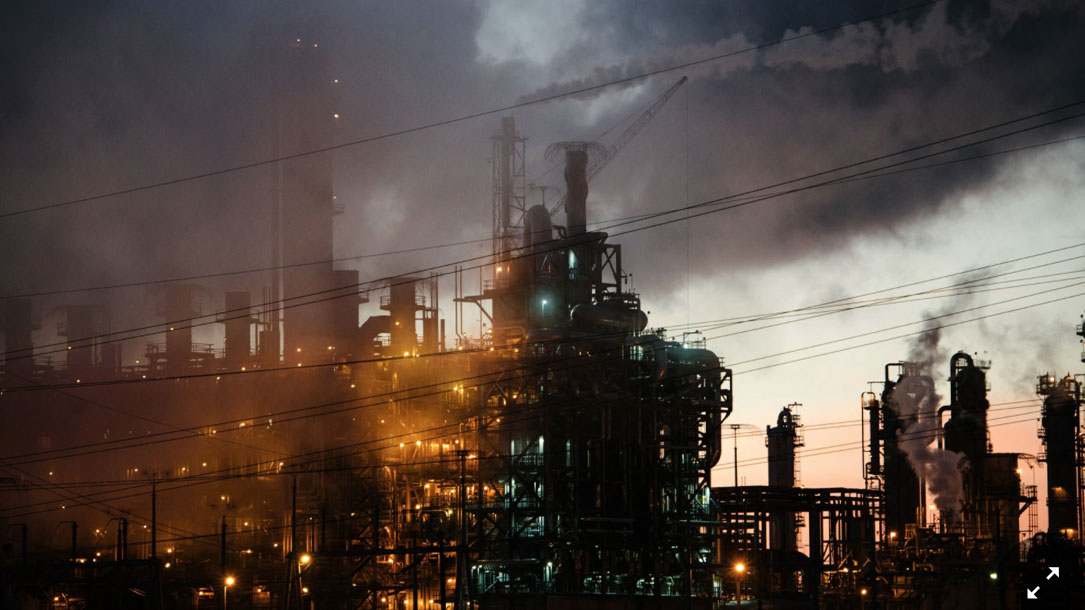
Global Greenhouse Gas Emissions Data
Carbon dioxide (CO2): Fossil fuel use is the primary source of CO2. CO2 can also be emitted from direct human-induced impacts on forestry and other land use, such as through deforestation, land clearing for agriculture, and degradation of soils. Likewise, land can also remove CO2 from the atmosphere through reforestation, improvement of soils, and other activities.
Methane (CH4): Agricultural activities, waste management, energy use, and biomass burning all contribute to CH4 emissions…
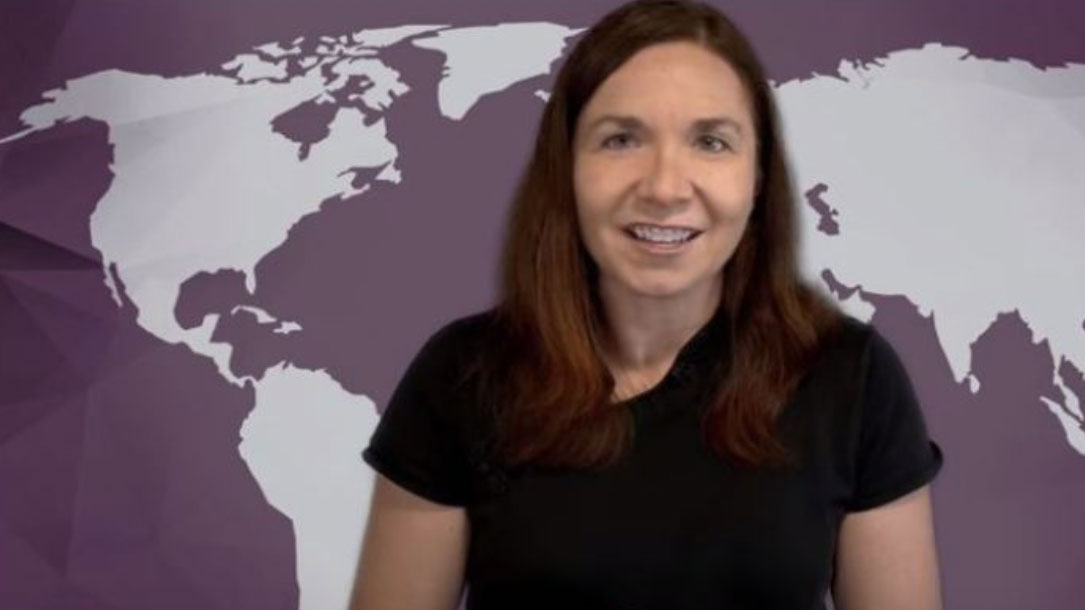
If I just explain the facts, they’ll get it, right? Maybe not…
Katharine Hayhoe, one of the world’s most respected climate scientists and climate communicators, has created a video explaining why just providing facts on the impact, and importance, of climate change may not work with some audiences.
Check out her short video. This might be something you could play for a local committee, your land trust’s working groups or board, or at a land trust staff meeting.
The concept is true for all communications. (So it’s worth watching for a variety of reasons.)
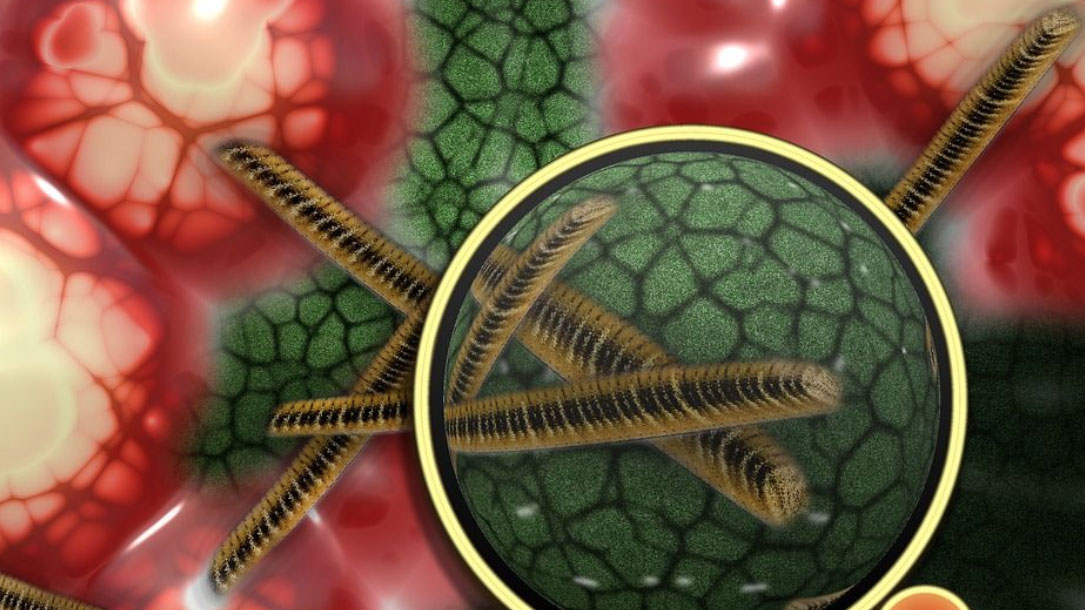
Global warming pushes microbes into damaging climate feedback loops
“[G]lobal warming is supercharging some microbial cycles on a scale big enough to trigger damaging climate feedback loops, research is showing. Bacteria are feasting on more organic material and producing extra carbon dioxide as the planet warms. In the Arctic, a spreading carpet of algae is soaking up more of the sun’s summer rays, speeding melting of the ice.
Deadly pathogenic microbes are also spreading poleward and upward in elevation, killing people, cattle, and crops…
Research has shown that accelerated microbial activity in soils will significantly increase carbon emissions by 2050. In another study, global warming favors fungi that quickly break down dead wood and leaves and release CO2 to the atmosphere.
Other warning signs from the microbial world include spreading crop diseases that threaten food security, microbial parasites that threaten freshwater fish, as well as the fungal epidemic wiping out amphibians world wide…
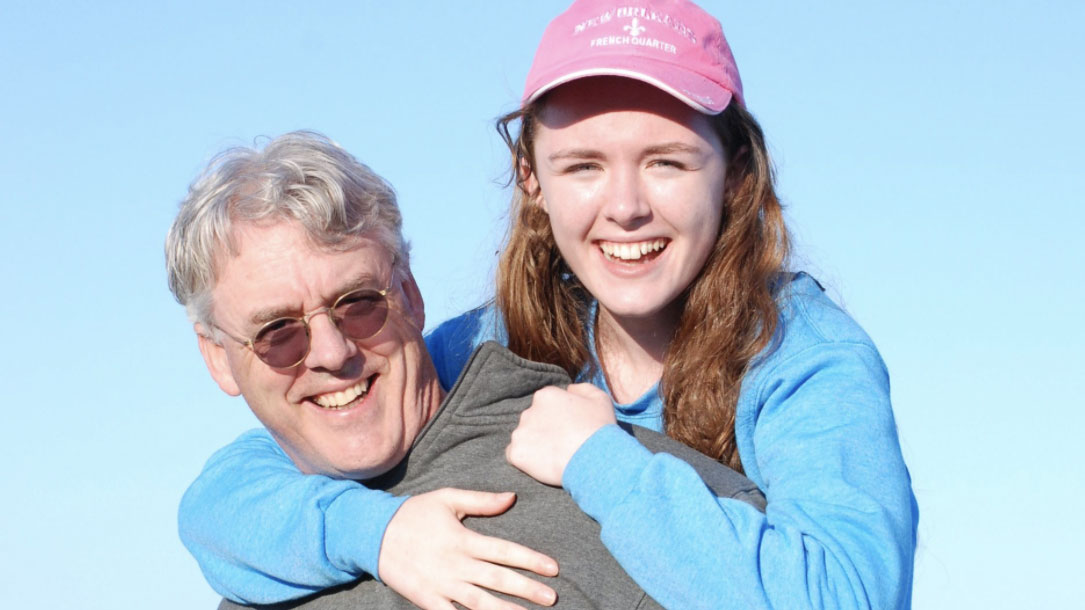
Children Change Their Parents’ Minds about Climate Change
Postulating that pupils might be ideal influencers, researchers decided to test how 10 to 14–year-olds’ exposure to climate change coursework might affect not only the youngsters’ views, but those of their parents. The proposed pass-through effect turned out to be true: teaching a child about the warming climate often raised concerns among parents about the issue.
Fathers and conservative parents showed the biggest changes in attitudes, and daughters were more effective than sons in shifting their parents’ views. The results suggest that conversations between generations may be effective starting points in combating the effects of a warming environment.

Top GOP Pollster Finds Overwhelming Support for Carbon Tax by Millennial Republicans
“This is the first time we’ve polled a climate plan that has real positive appeal across Republicans and Democrats.”
A new survey finds Republicans under 40 support a carbon tax 7-to-1. And a remarkable 85% of Republican millennials are concerned that “the current Republican position on climate change is hurting the party with younger voters.”
But what makes this result so striking is that the survey was conducted by Frank Luntz, a top GOP strategist and pollster. Luntz wrote an infamous memo in 2002 detailing the exact words conservatives should use if they want to sound like they care about climate change without actually doing anything about it.
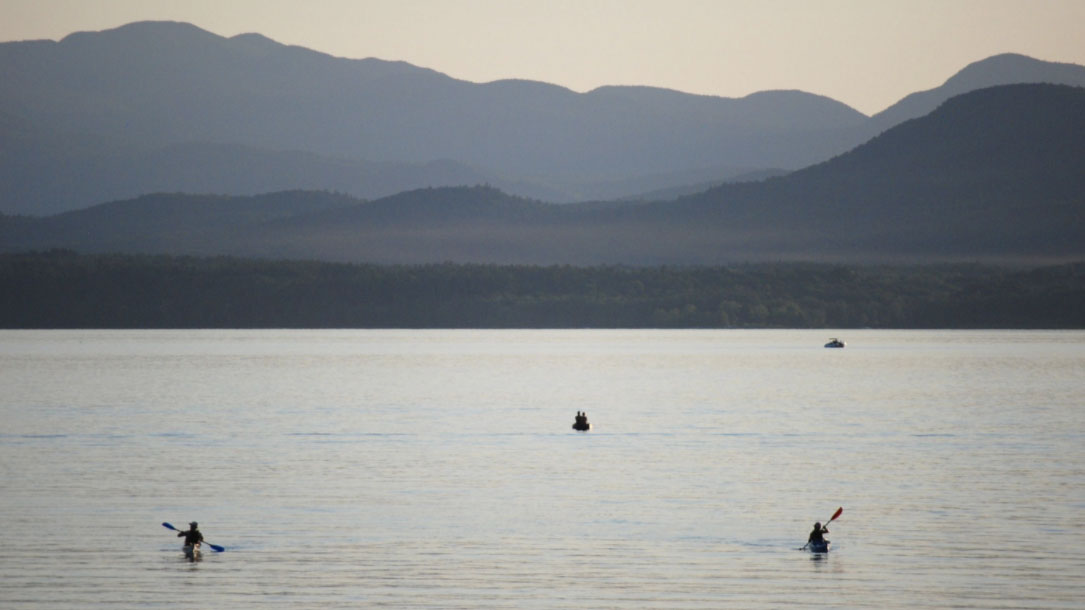
Yes, It’s Time to Update Our Climate Change Language
“I think using the appropriate language and images is very important,” says Stephan Lewandowsky, a University of Bristol cognitive psychologist who researches public opinion on climate change.
“Concerning the specific term ‘climate crisis,’ I think it strikes an appropriate balance of conveying urgency without hyperbole.”
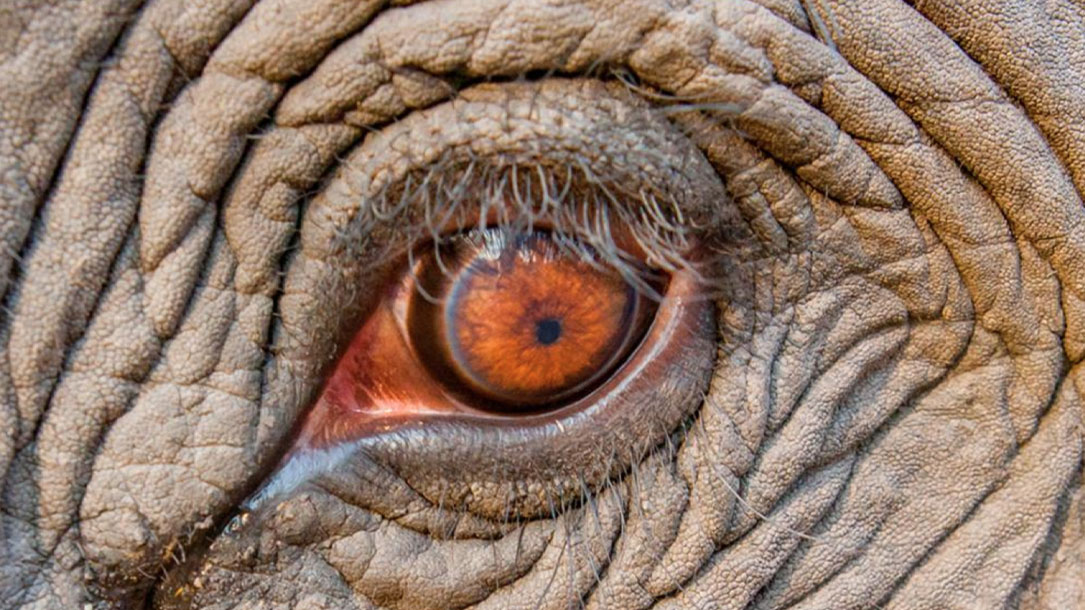
Nature’s dangerous decline ‘unprecedented’; species extinction rates ‘accelerating’
“Nature is declining globally at rates unprecedented in human history — and the rate of species extinctions is accelerating, with grave impacts on people around the world now likely, warns a landmark new report from the Intergovernmental Science-Policy Platform on Biodiversity and Ecosystem Services (IPBES), the summary of which was approved at the 7th session of the IPBES Plenary, meeting last week (29 April – 4 May) in Paris…”
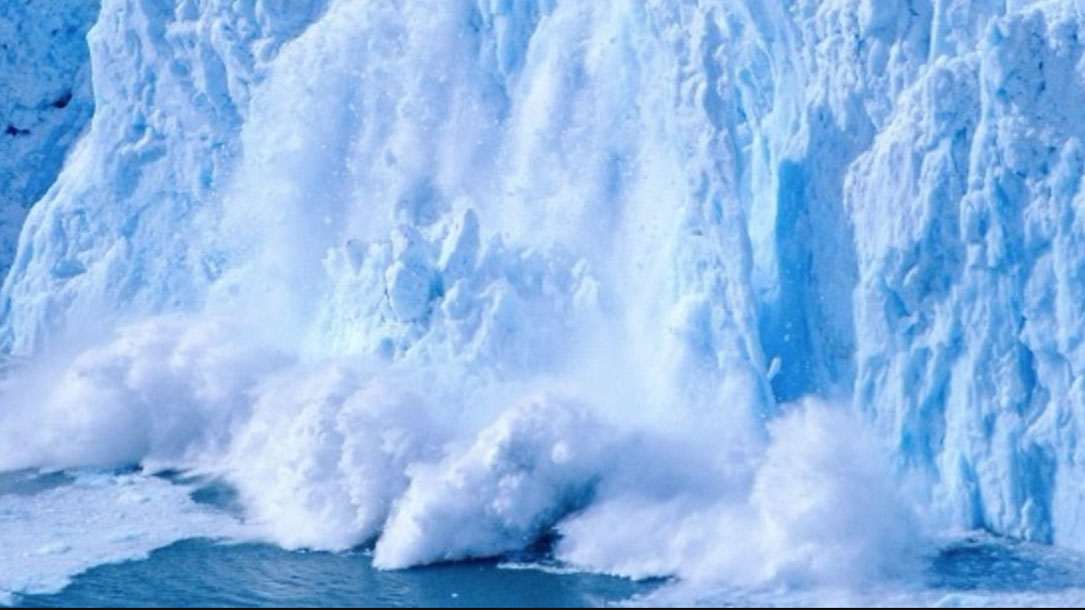
This graphic explains why 2 degrees of global warming will be way worse than 1.5
“Signatories to the Paris climate agreement — every country in the world, unless and until the US drops out in 2020 — agreed to what is by now a familiar goal: “holding the increase in the global average temperature to well below 2°C above pre-industrial levels and pursuing efforts to limit the temperature increase to 1.5°C.”
How important is that difference, though? How much worse would 2 degrees be than 1.5? Is it worth the extra effort — and it would be a truly heroic effort — to limit temperature rise to that lower target?…”
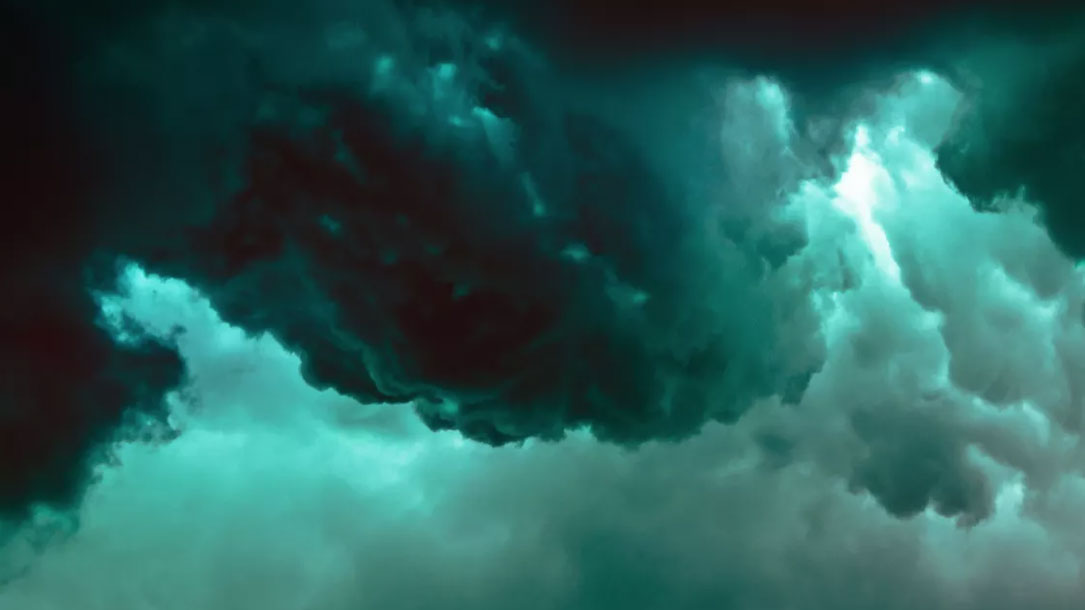
The future of the world is on the line, and our chance to fix it is now
“To have the best chance of avoiding the worst impacts of climate change, the world needs to limit global warming to 1.5 degrees Celsius–and to do that, society needs to completely transform over the next three decades, according to a new report from the UN’s Intergovernmental Panel on Climate Change. Global CO2 emissions may need to peak around 2020. By midcentury, we have to reach net zero emissions.
The report explains why it’s so important that we meet the 1.5 degree target, and how difficult that will be to accomplish. The changes required, from energy to agriculture, are “unprecedented in terms of scale,” the group writes in a summary for policymakers. And right now, we’re not anywhere close to the path to make it happen…”

How to Talk About Climate Change so People Will Listen
If we don’t talk about why it matters, why would we care about the problem itself? And if we don’t talk about what we can do to fix it, why would we take action or expect our community, our province, and our country to do so either?
As challenging, as stressful, and as painful as it might be, fixing climate change begins by actually talking about it. And over the years, Dr. Katharine Hayhoe has found a way to do so that’s actually constructive. It begins with talking about why climate change matters to us…












